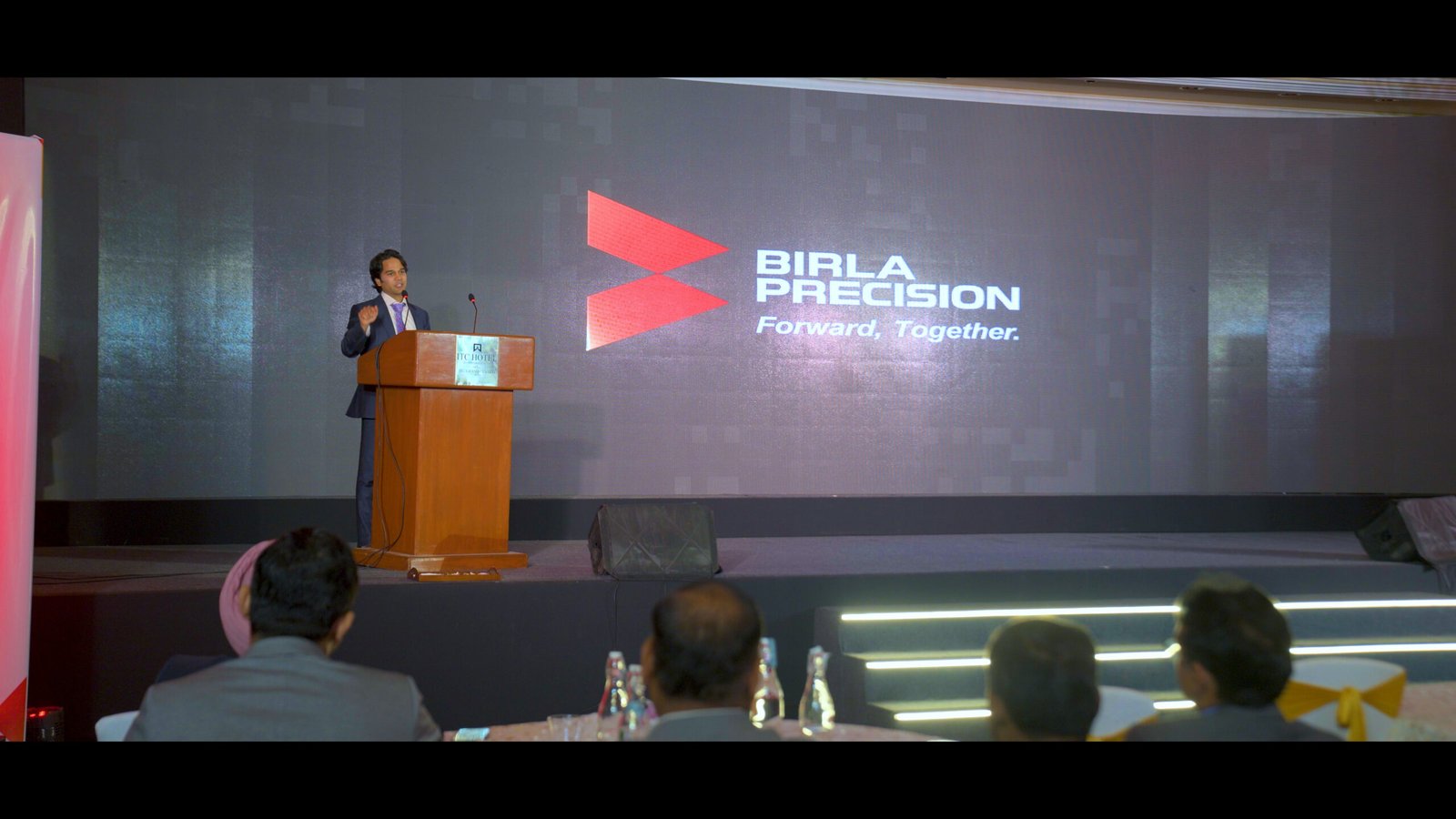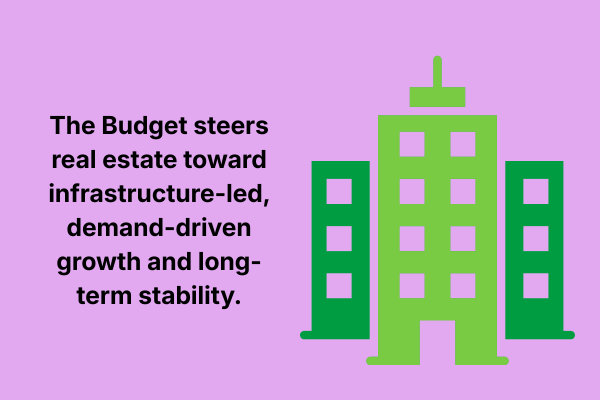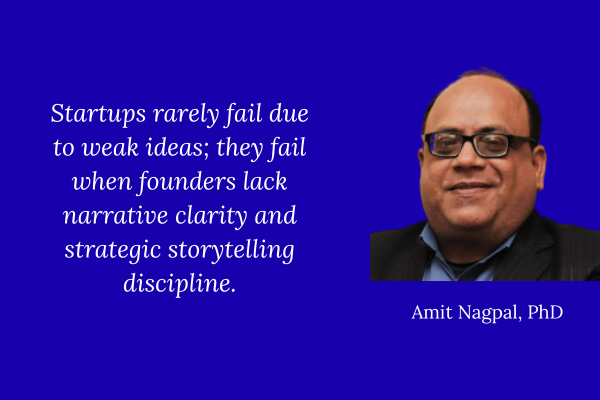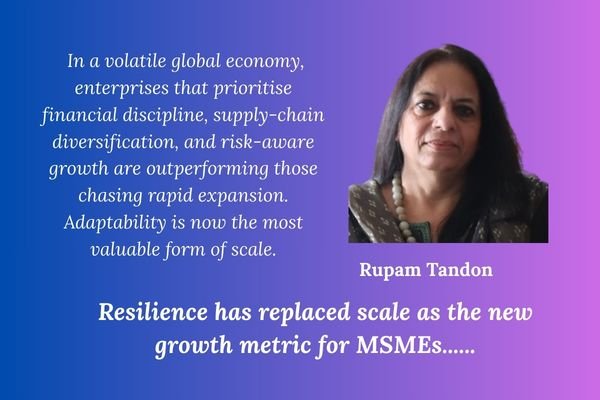India’s Micro, Small, and Medium Enterprises (MSMEs) have emerged as a transformative force in shaping the country’s economic future. Beyond their role in exports and GDP contribution, MSMEs have become a dynamic platform for fostering innovation, inclusivity, and regional economic integration.
Growth and Export Performance
Over the past few years, India’s MSME sector has witnessed exponential growth. Exports from MSMEs surged from approximately $47.4 billion in 2020-21 to an impressive $148.7 billion in 2024-25. This remarkable growth reflects an almost threefold increase in export value, highlighting the sector’s expanding influence on international trade.
Accompanying this growth, the number of exporting enterprises rose from 52,849 in 2020-21 to 1,73,350 in 2024-25, showcasing a significant enhancement in market participation. These achievements underscore the sector’s critical role in strengthening India’s trade competitiveness and integrating effectively with global value chains.
A closer examination of the sectoral composition reveals significant contributions across various industries. For instance:
- Textiles and Apparel: As one of the largest contributors, the textiles and apparel segment accounts for nearly 30% of total MSME exports. Products such as cotton fabrics, readymade garments, and handlooms are highly sought after in international markets, particularly in Europe and the US.
- Engineering Goods: This sector has seen rapid growth, contributing approximately 25% to MSME exports. Precision engineering products, including automotive components, industrial machinery, and electrical equipment, are key drivers.
- Pharmaceuticals and Chemicals: MSMEs in this segment are integral to India’s global reputation as a major supplier of generic drugs and active pharmaceutical ingredients (APIs). The sector contributes around 10% of total MSME exports.
- Handicrafts and Artisanal Products: Traditional crafts, including pottery, wooden artifacts, and jewelry, contribute about 5% to MSME exports, promoting India’s cultural heritage on a global scale.
- IT and Digital Services: With the digital revolution, MSMEs have increasingly ventured into technology-driven exports, including software development, IT services, and e-commerce solutions. This sector, though relatively nascent, is experiencing exponential growth.
While these achievements reflect quantitative success, the qualitative aspect—such as fostering innovation, adopting digital technologies, and expanding market linkages—has been equally pivotal. Indian MSMEs have increasingly diversified into technology-driven exports, including IT services, precision engineering, and renewable energy products, enhancing their global appeal.
Resilience and Economic Stability
The MSME sector’s contribution to India’s GDP, rising from 29.7% in 2017-18 to 30.1% in 2022-23, highlights its integral role in economic stability. Even during the COVID-19 pandemic, the sector’s gross value addition remained robust at 27.3% in 2020-21, rebounding to 29.6% in 2021-22. This resilience underscores the sector’s adaptability in overcoming systemic shocks.
Key factors driving this stability include:
- Localized Production: MSMEs’ proximity to domestic markets ensured the continuity of essential goods and services during crises.
- Digital Adoption: A surge in digital payments and e-commerce adoption enabled businesses to sustain operations despite physical restrictions.
- Policy Support: Timely interventions such as the Emergency Credit Line Guarantee Scheme (ECLGS) provided much-needed liquidity during the pandemic.
Driving India’s Economic Transformation: The Role of MSMEs
As economies develop, there is a noticeable shift in resource allocation from agriculture to industry and services. This structural transformation reflects the changing dynamics of economic activities and productivity enhancement. Indian MSMEs exemplify this transition, with a growing emphasis on high-value manufacturing and service sectors. These enterprises not only adapt to evolving market demands but also serve as a bridge between traditional and modern industries, fostering innovation and competitiveness.
Through innovation and human capital development, MSMEs contribute significantly to long-term economic growth by promoting knowledge spillovers and nurturing entrepreneurial ecosystems. Their role in creating value chains, enhancing productivity, and generating employment is vital for sustainable development. Comparatively, economies in Southeast Asia and sub-Saharan Africa can draw critical lessons from India’s MSME success story. By adopting sector-specific strategies that cater to local resources and market conditions, these regions can replicate India’s achievements and accelerate their own structural transformation.
This transition highlights the importance of targeted policy frameworks, access to finance, skill development, and infrastructure support to enable MSMEs to thrive in emerging economies.
Strengthening India’s MSME Ecosystem: Policy Framework and Institutional Support
The growth of India’s MSME sector is a testament to the country’s robust policy framework and institutional support designed to empower small businesses. Recognizing the sector’s potential as a cornerstone of economic development, the government has introduced a series of innovative policies and programs to address the unique challenges faced by micro, small, and medium enterprises. These initiatives focus on financing, skill development, infrastructure, and capacity building, creating an enabling environment for MSMEs to thrive and contribute significantly to India’s GDP, exports, and employment.
Key Policy Initiatives Driving MSME Growth
1. Pradhan Mantri MUDRA Yojana (PMMY): A Game-Changer for MSEs
Launched in 2015, the Pradhan Mantri MUDRA Yojana (PMMY) has been instrumental in addressing the financing needs of non-corporate and non-farm micro and small enterprises (MSEs). By providing loans of up to ₹10 lakh, the scheme bridges critical funding gaps that often hinder the growth of small businesses.
- Shishu: Loans up to ₹50,000 for budding entrepreneurs to kickstart their ventures.
- Kishore: Loans ranging from ₹50,001 to ₹5 lakh for enterprises in the growth phase.
- Tarun: Loans between ₹5 lakh and ₹10 lakh for businesses seeking to scale operations.
This initiative has empowered millions of entrepreneurs, fostering economic inclusion and driving entrepreneurship across the country.
2. Revised Classification of MSMEs (2020): Incentivizing Growth
In a landmark move, the government revised the MSME classification in 2020, basing it on investment and turnover thresholds. This redefinition ensures that enterprises scaling their operations do not lose access to benefits and incentives, encouraging growth without penalties.
3. Skill Development: Preparing MSMEs for the Future
Programs like the Entrepreneurship and Skill Development Programme (ESDP) have been pivotal in equipping MSMEs with future-ready skills. These initiatives focus on areas such as digital marketing, automation, financial management, and product innovation, enabling small businesses to remain competitive in an evolving global economy.
4. Cluster-Based Development: Enhancing Competitiveness
The adoption of a cluster-based approach has proven highly effective for MSME growth. By fostering industrial clusters, enterprises benefit from shared resources, knowledge sharing, reduced production costs, and improved product quality. This collaborative model creates a competitive edge, particularly in sectors like textiles, handicrafts, and technology-driven manufacturing.
5. Financial Innovation: Expanding Credit Access
Access to credit remains a critical challenge for MSMEs, particularly for micro and informal enterprises. Innovations in financial support, such as collateral-free loans under the Credit Guarantee Fund Trust for Micro and Small Enterprises (CGTMSE), have significantly eased this constraint. Additionally, alternative financing models like crowdfunding and peer-to-peer lending platforms have emerged, offering underserved enterprises greater flexibility and accessibility to funds.
Building a Resilient Future for Indian MSMEs
India’s policy initiatives demonstrate a comprehensive approach to addressing the multifaceted needs of the MSME sector. By focusing on financial inclusion, skill development, and fostering collaboration through clusters, these measures not only enhance the competitiveness of MSMEs but also position them as drivers of economic transformation. Moving forward, consistent policy innovation and institutional support will be key to ensuring that India’s MSMEs continue to thrive in an increasingly complex and interconnected global economy.
Lessons for Developing Economies
India’s MSME model offers several lessons for developing Afro-Asian economies:
- Customized Policy Interventions: Policies tailored to local economic structures, as seen in India’s sector-specific support, ensure inclusivity and scalability.
- Technology Integration: Encouraging digital literacy and infrastructure development enables MSMEs to overcome geographical and logistical barriers.
- Public-Private Synergy: Partnerships with private players and international organizations can expand MSMEs’ access to technology, markets, and capital.
- Focus on Sustainability: MSMEs can lead the shift towards greener practices, positioning themselves as key players in the global sustainability agenda.
Challenges and Opportunities Ahead
While the Indian MSME sector has achieved significant milestones, challenges persist. Limited access to affordable credit, inadequate infrastructure, and market volatility remain pressing issues. However, these challenges also present opportunities for reform and innovation:
- Infrastructure Development: Investing in logistics hubs and industrial parks can reduce operational costs.
- Green Transition: Promoting renewable energy adoption among MSMEs can enhance energy efficiency and align with global sustainability goals.
- Global Collaboration: Participating in international trade agreements and global value chains can further enhance MSMEs’ competitiveness.
India’s MSME sector is not just a growth engine for the domestic economy but a blueprint for inclusive and sustainable development in the global south. By leveraging innovation, resilience, and policy support, MSMEs can address socio-economic disparities and drive regional integration. As developing economies seek to emulate India’s success, adopting localized strategies and fostering cross-border collaboration will be critical to unlocking their economic potential.
Author Profile

-
Perumal Koshy is Editor of Global SME News and Director of Strategic Initiatives at Enterprise Futures Lab. He writes on MSMEs, enterprise development, and policy issues affecting small business ecosystems.
Linkedin: https://www.linkedin.com/in/caushie/
Latest entries
 FEATURED2 February 2026Outlook 2026 | Real Estate: Infrastructure-Led Growth, Integrated Communities, and the Trust Imperative
FEATURED2 February 2026Outlook 2026 | Real Estate: Infrastructure-Led Growth, Integrated Communities, and the Trust Imperative Entreprenurs30 January 2026Quality, Crisis, and Consistency: The Rungta Tea Story
Entreprenurs30 January 2026Quality, Crisis, and Consistency: The Rungta Tea Story Entreprenurs21 August 2025Entrepreneurship, Values, and Corporate Governance: Building Nations, Not Just Profits
Entreprenurs21 August 2025Entrepreneurship, Values, and Corporate Governance: Building Nations, Not Just Profits Africa13 August 2025 A New Landmark Report Calls for Rethinking SME Policies, Digital Readiness, and Sustainable Growth
Africa13 August 2025 A New Landmark Report Calls for Rethinking SME Policies, Digital Readiness, and Sustainable Growth








